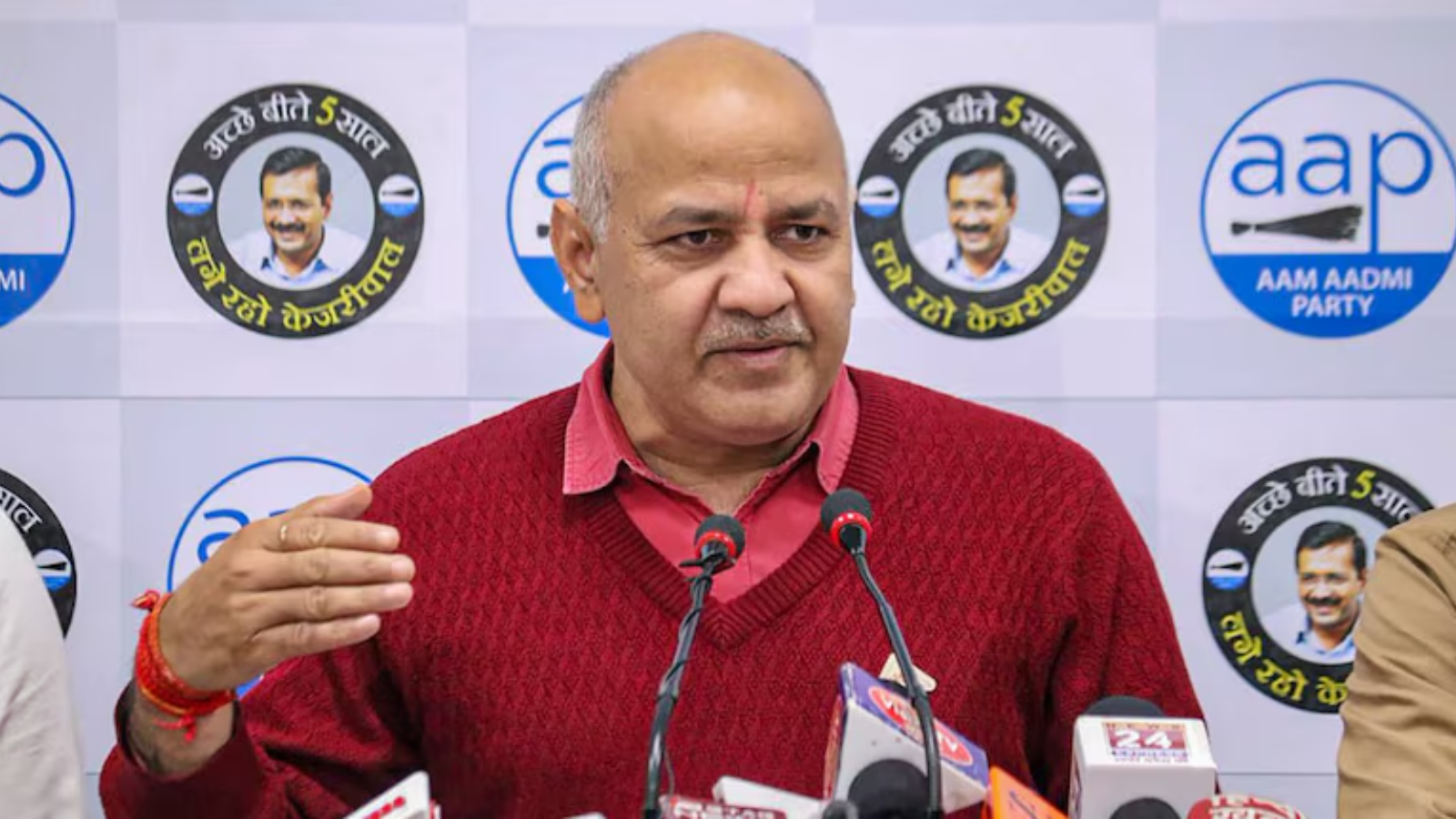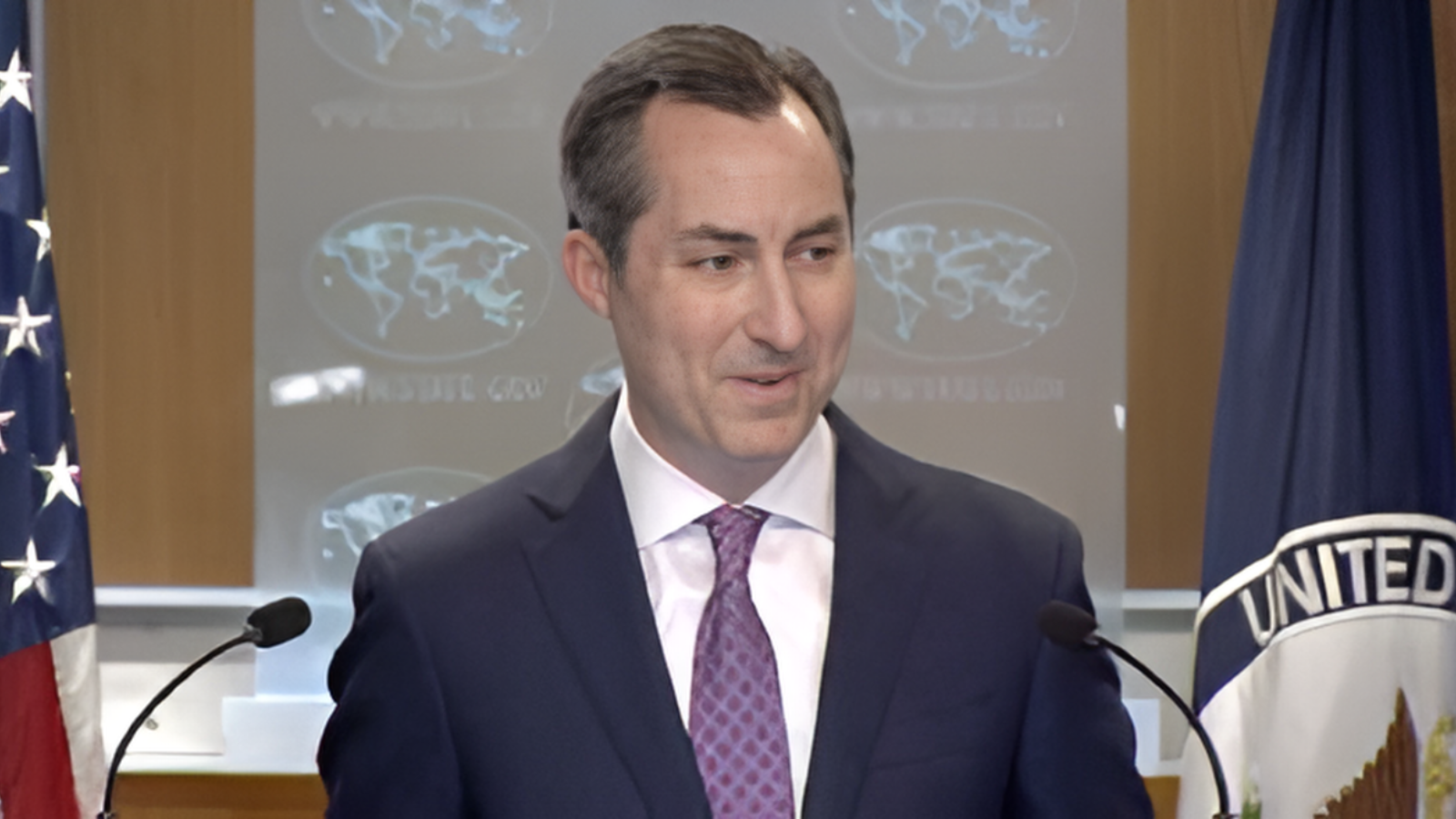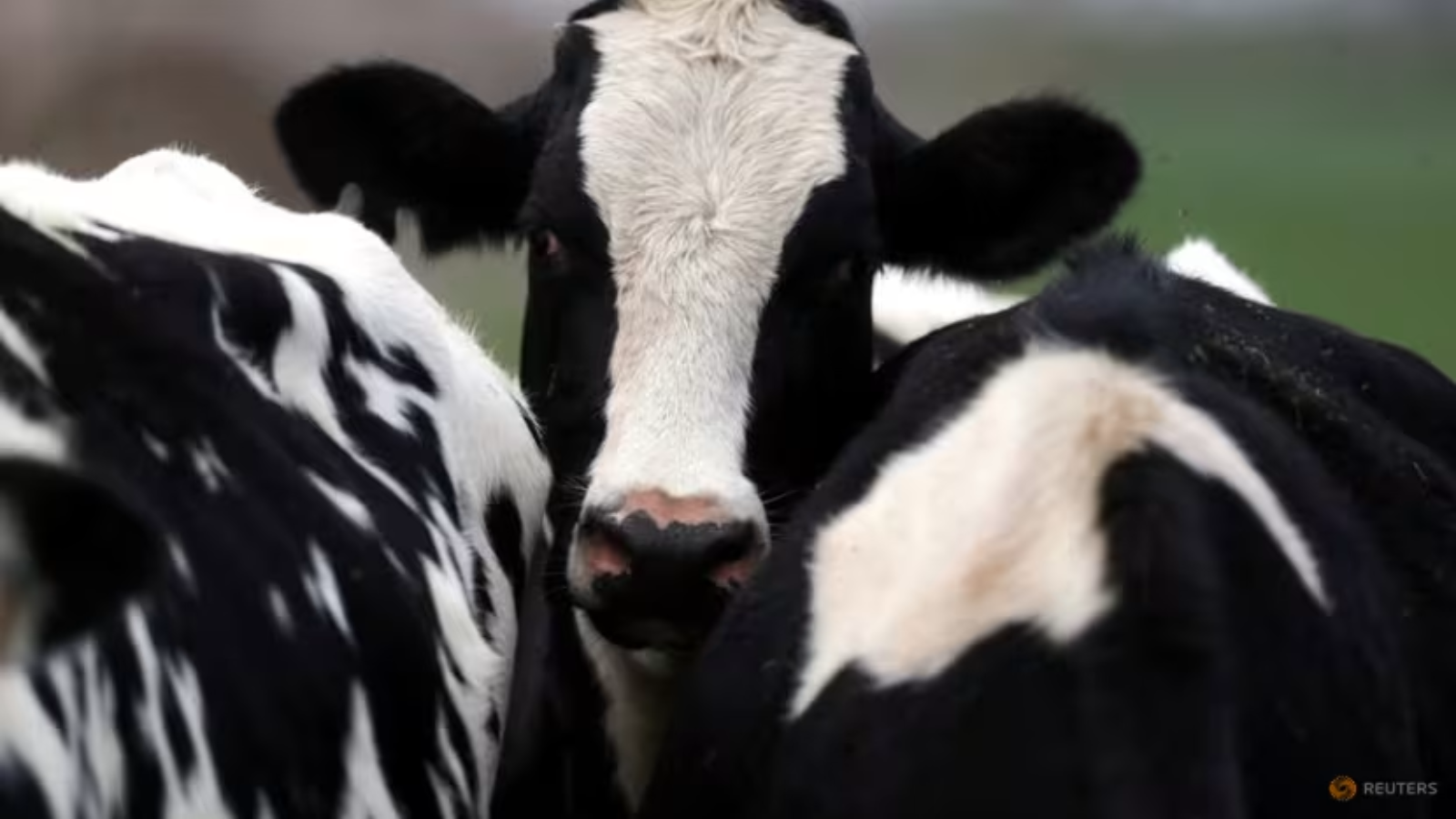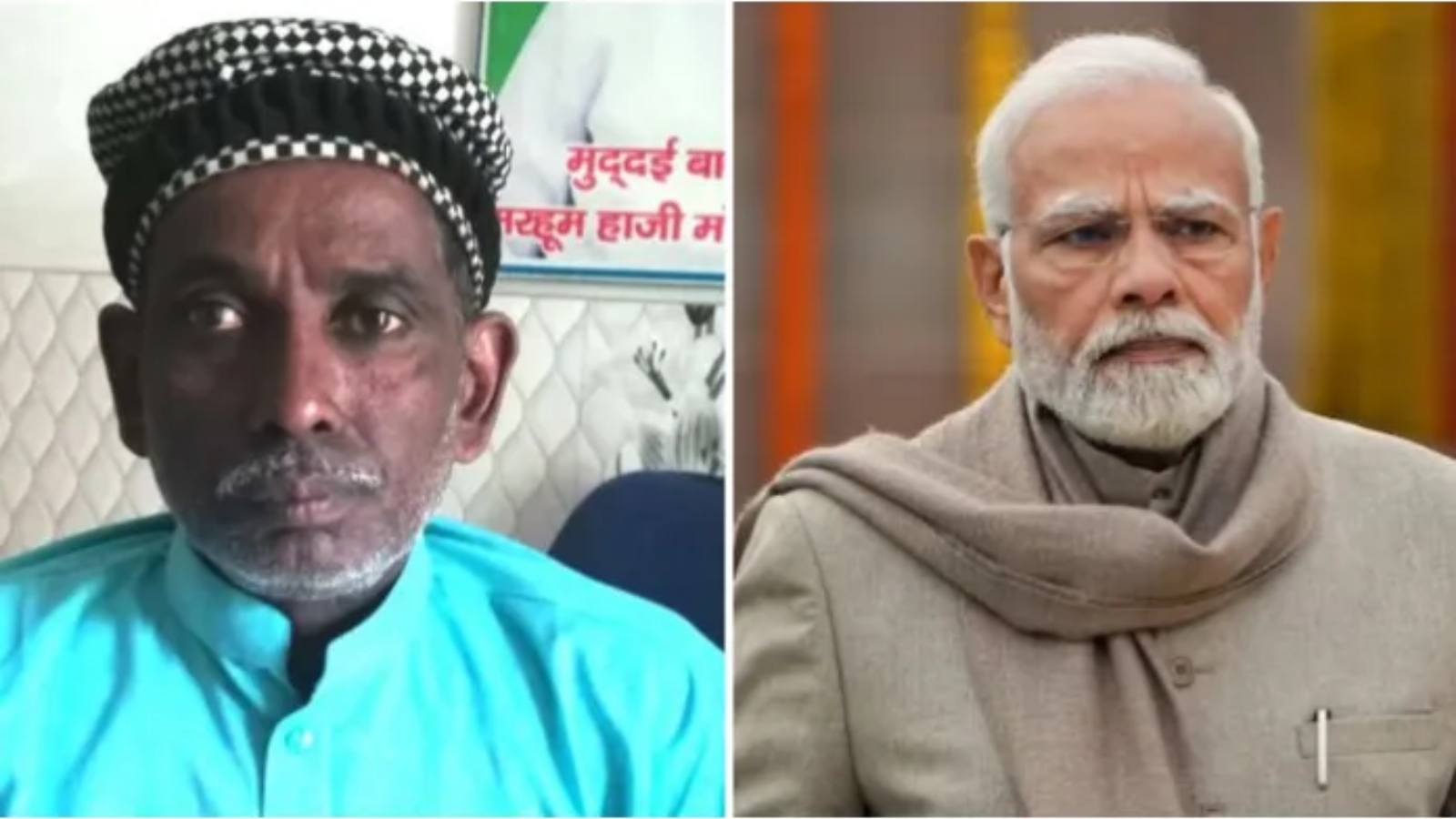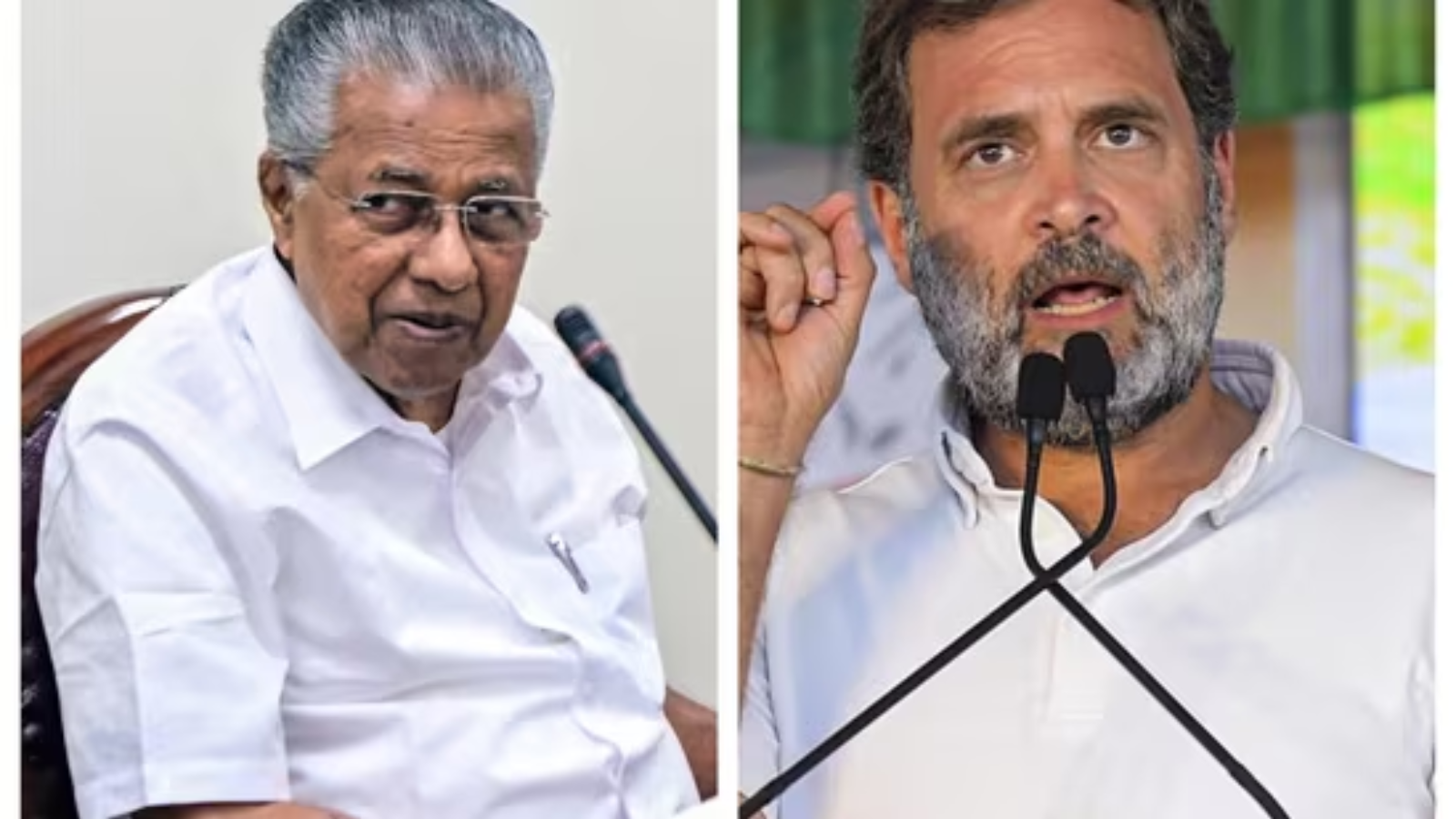


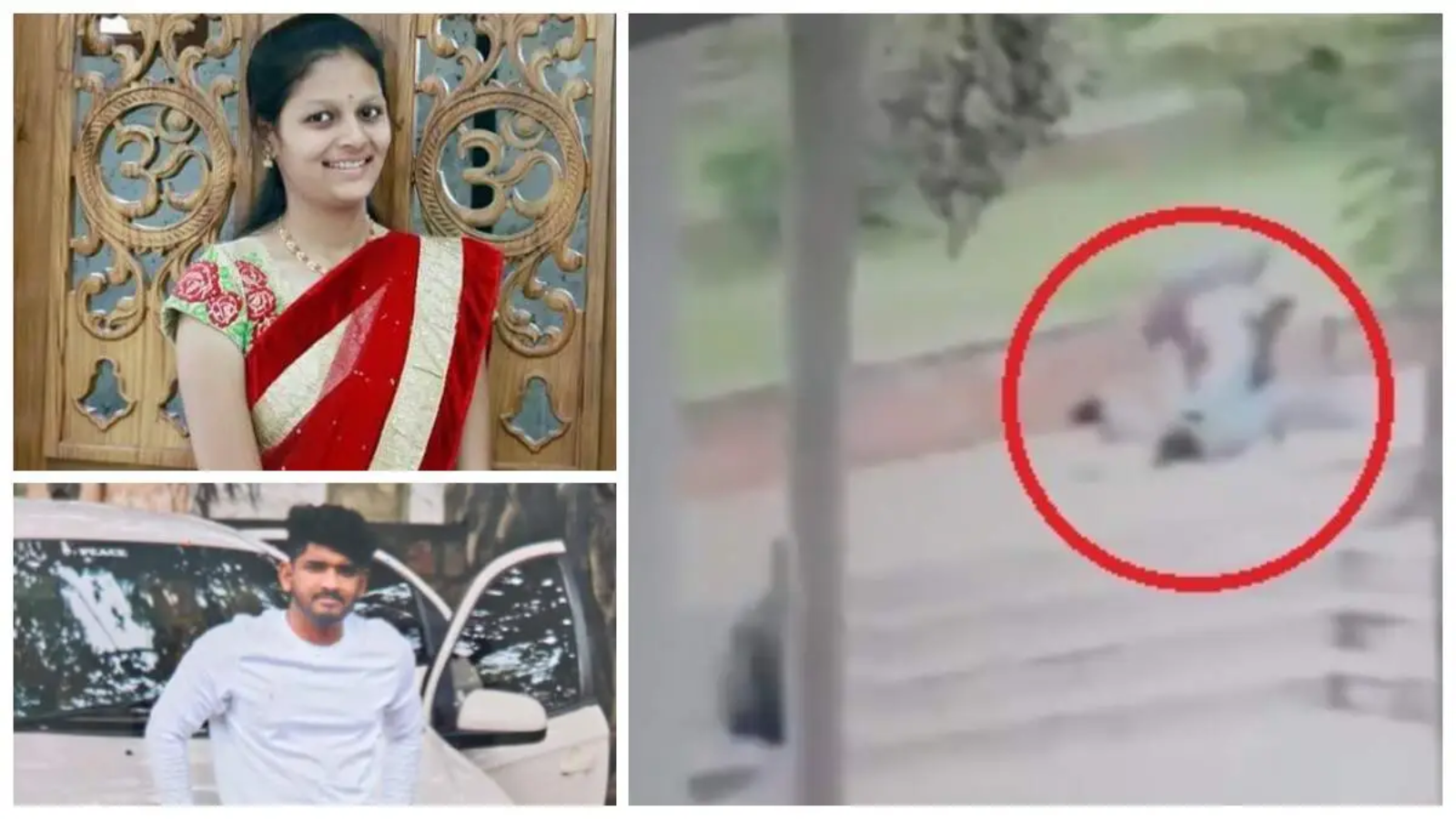

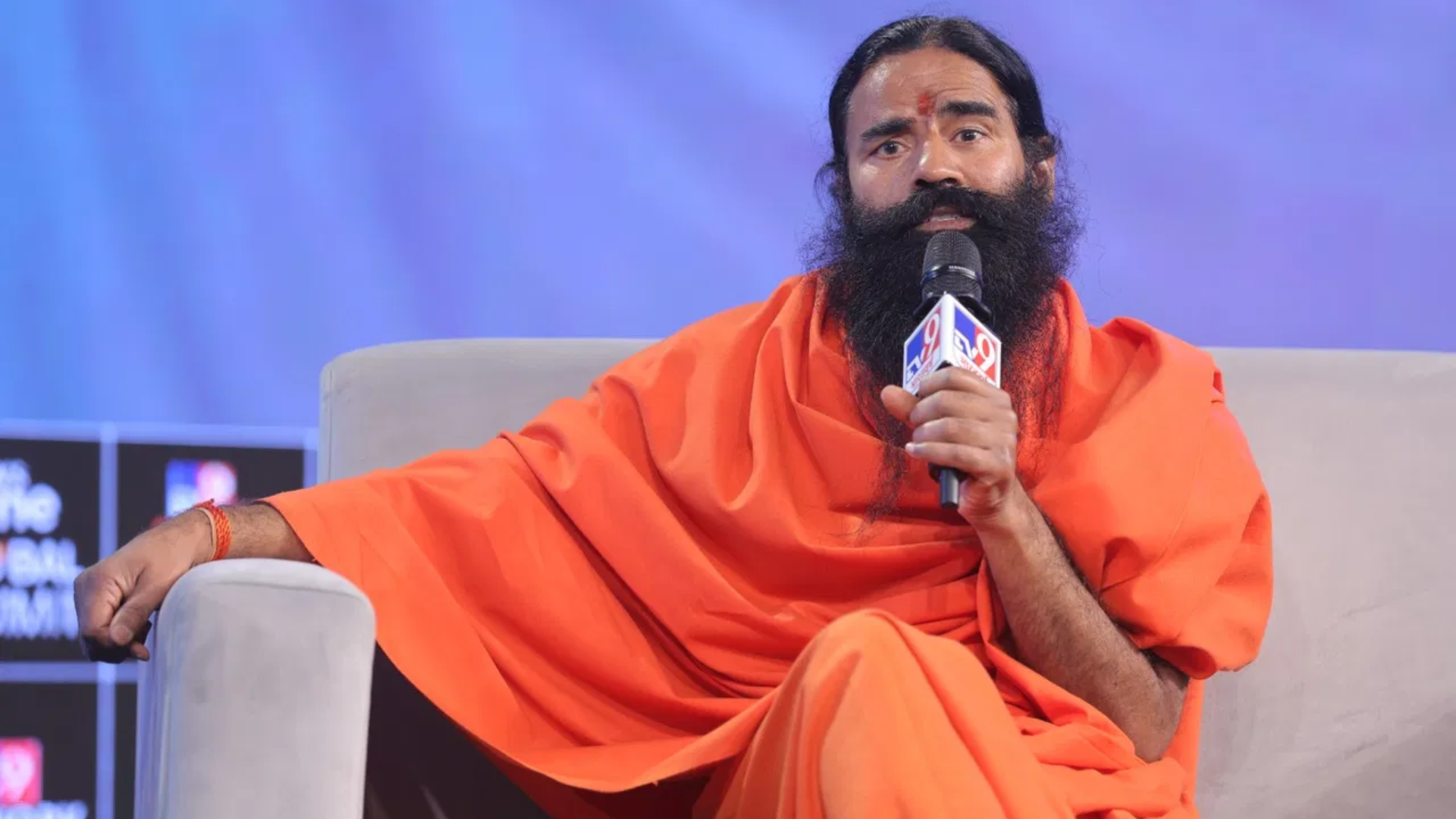

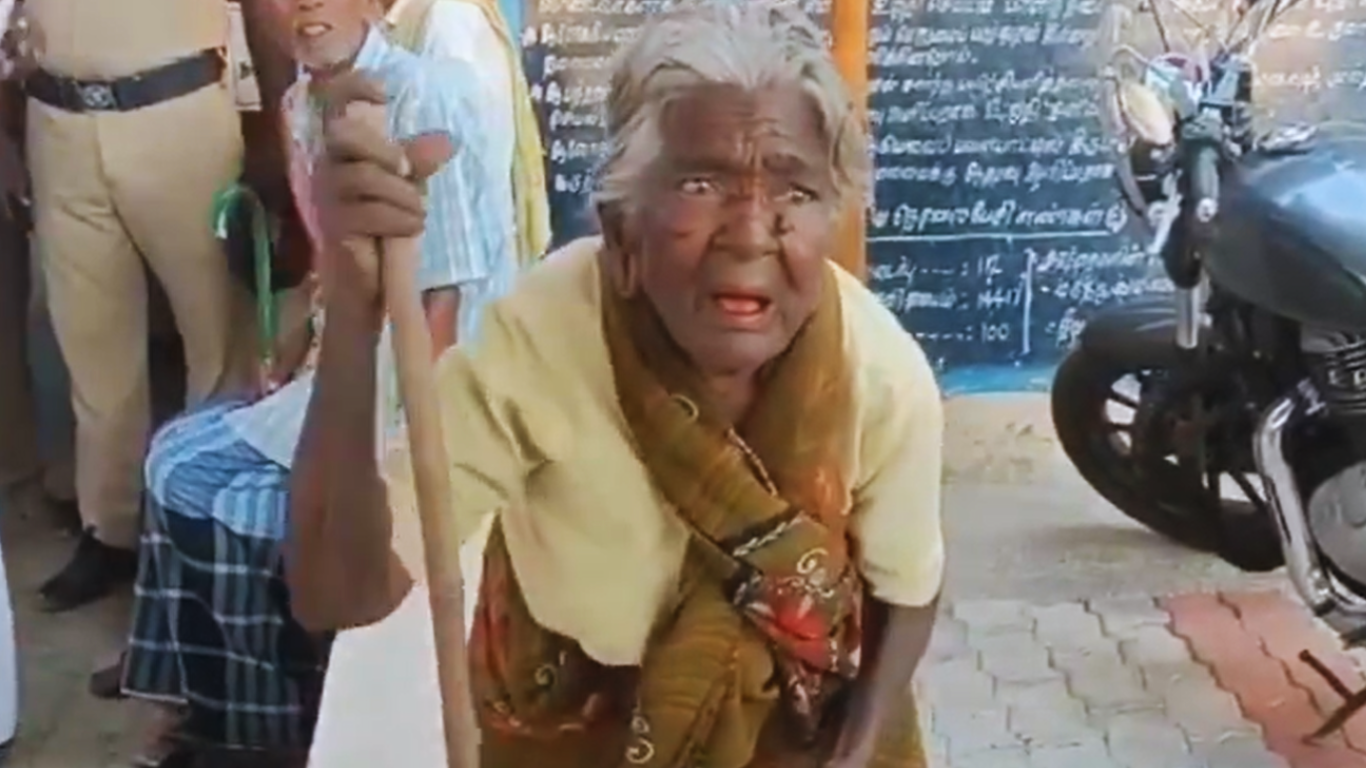
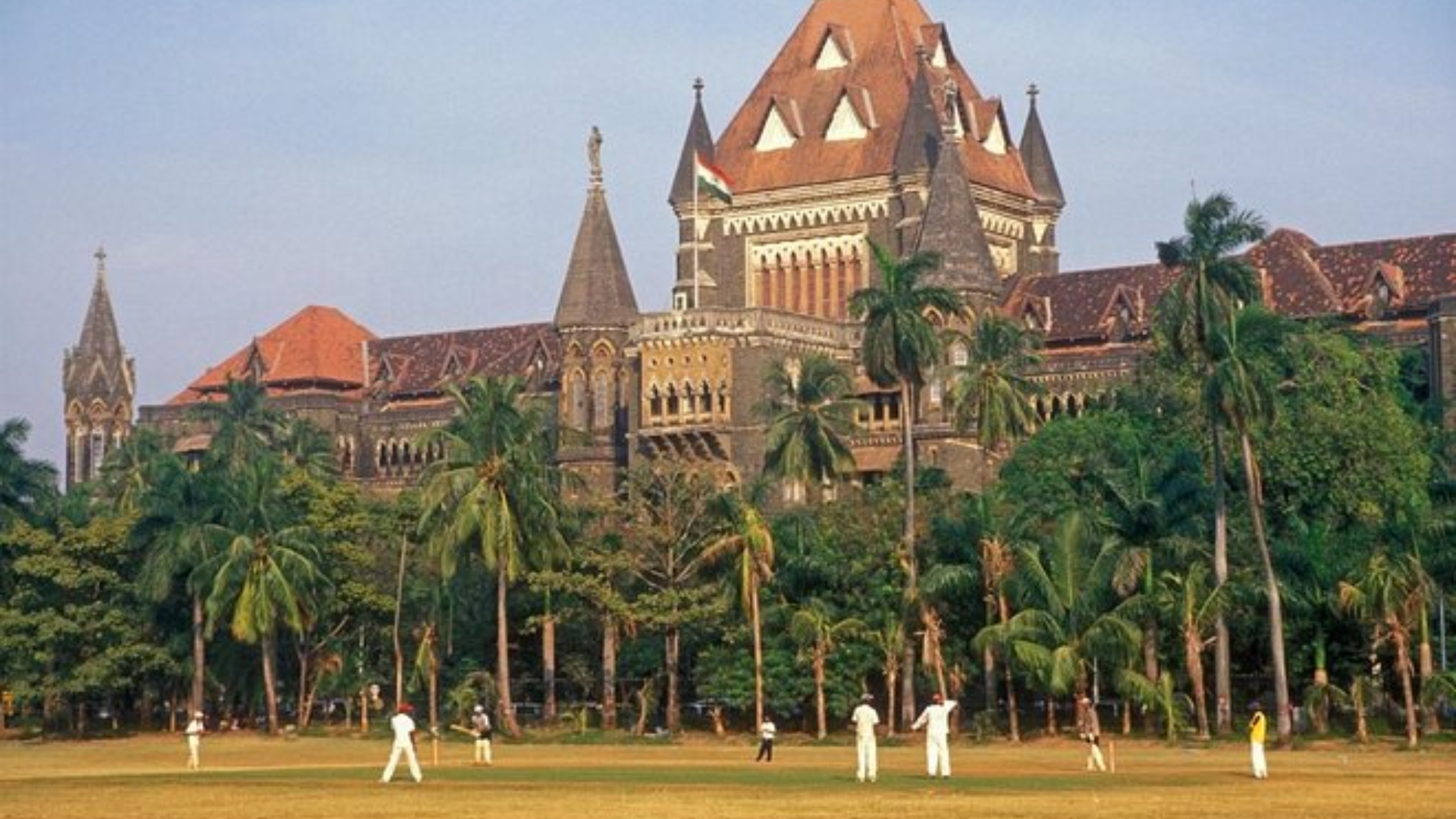

On Saturday, another petition was filed in the Supreme Court challenging the constitutional validity of key portions of the Places of Worship (Special Provisions) Act 1991, claiming that the Act contradicts secularism principles.
The petition, filed by Devkinandan Thakur, a religious guru from Mathura, challenges the constitutional validity of Sections 2, 3, and 4 of the Places of Worship (Special Provisions) Act 1991, claiming that it violates Articles 14, 15, 21, 25, 26, 29, and the principles of secularism and the rule of law, which are enshrined in the Constitution’s Preamble and basic structure.
“Hindus have been fighting for the restoration of Lord Krishna’s birthplace in Mathura for hundreds of years through peaceful public agitation,” the petitioner said.
The petition further states “However, by enacting the Act, the Centre has excluded the birthplace of Lord Ram in Ayodhya but not the birthplace of Lord Krishna in Mathura, despite the fact that both are incarnations of Lord Vishnu-the creator.”
Advocate Ashwini Upadhyay, Varanasi residents Rudra Vikram, and religious leader Swami Jeetendranand Saraswati, among others, have already filed a petition against the Act in the Supreme Court.
According to the pleas, Sections 2, 3, and 4 of the Act have taken away the right to seek the Court, effectively closing the Right to Judicial Remedy.
According to Section 3 of the Act, no individual shall convert any place of worship of any religious denomination or any section thereof into a place of worship of a different section of the same religious denomination or of a different religious denomination or any part thereof.
Section 4 prohibits the filing of any suit or the initiation of any other legal proceeding for the conversion of any place of worship’s religious character as it existed on August 15, 1947.
“For numerous reasons, the Places of Worship Act 1991 is void and unconstitutional,” the petition said, adding that it violates Hindus, Jains, Buddhists, and Sikhs’ rights to worship, profess, practice, and prorogate religion (Article 25).
“The Act violates Hindus’, Jains’, Buddhists’, and Sikhs’ rights to manage, maintain, and administer sites of worship and pilgrimage (Article 26),” it continued.
The Act additionally stated that Hindus, Jains, Buddhists, and Sikhs are prohibited from holding or obtaining religious properties belonging to the deity (misappropriated by other communities).
“It also takes away Hindus’, Jains’, Buddhists’, and Sikhs’ right of judicial redress to reclaim their places of worship and pilgrimage, as well as the deity’s property,” it said.
The Act also denies Hindus, Jains, Buddhists, and Sikhs the right to reclaim places of worship and pilgrimage associated with their cultural heritage (Article 29) and restricts Hindus, Jains, Buddhists, and Sikhs from reclaiming places of worship and pilgrimage, while allowing Muslims to claim under Section 107 of the Waqf Act.
According to one of the petitions, the Act makes invaders’ barbaric deeds lawful. It goes against Hindu law, which states that Temple property is never lost even if enjoyed by strangers for years, and even the king cannot take away property because the deity is the embodiment of God and is a juristic person who represents “Infinite the timeless” and cannot be bound by the shackles of time.
The petitioners asked the court to declare Sections 2, 3 and 4 of the Places of Worship (Special Provisions) Act, 1991 “void and unconstitutional” for violating Articles 14, 15, 21, 25, 26, 29 of the Indian Constitution insofar as they legalize “ancient historical and puranic places of worship and pilgrimage” that have been illegally occupied by foreign invaders.

